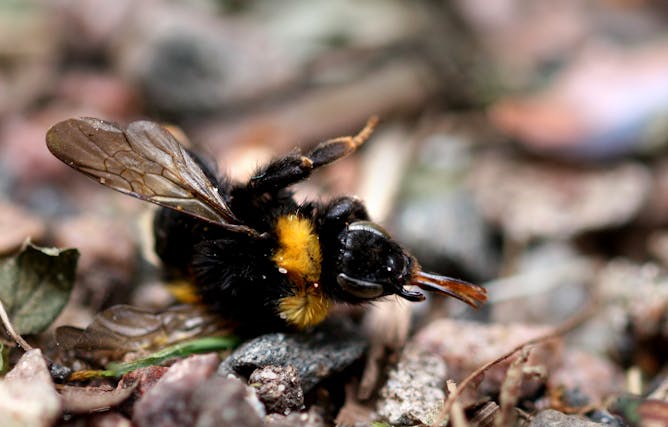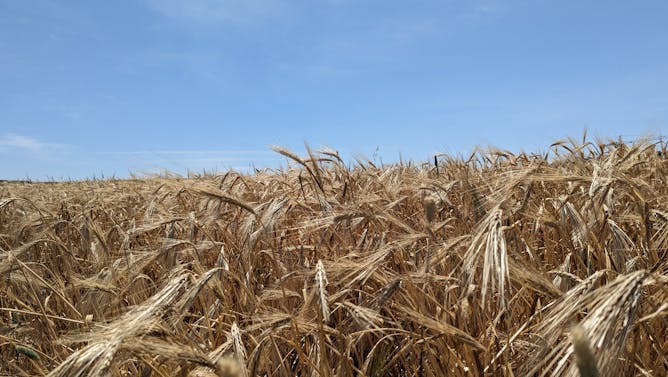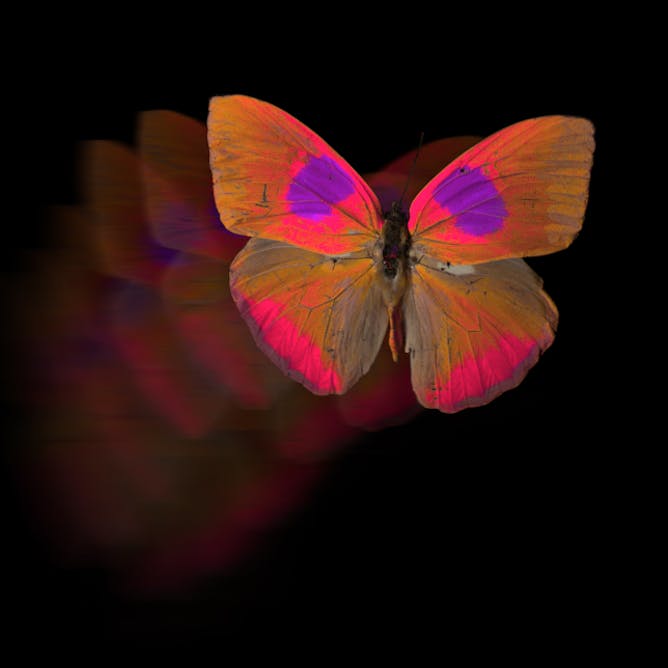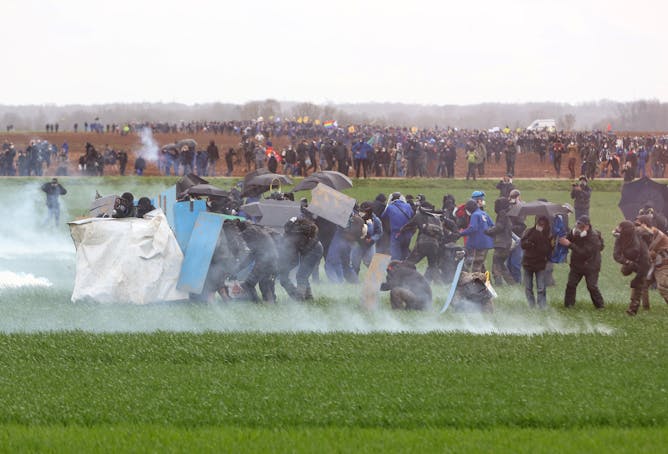|
It’s not just the motorways linking to Paris: be it Rennes or Bordeaux, Nîmes or Toulouse, French farmers are blockading more than 100 roads in the country. Similar events are taking place across Belgium and Italy at the time of writing, with grievances over the costs of carbon-cutting targets, towering paperwork, low wages and unfair competition.
“Sure, I’d be up for joining them for a bit of mayhem if I were still in business,” Didier, the 63-year-old father of my childhood friend from Brittany tells me over the phone. In the 1990s, he ran a pig farm with 300 animals in Côtes-d'Armor, operating under the Label Rouge, a guarantee of quality particularly favoured by Italians. But beset by increasingly complex regulations and low returns, he closed shop in the 2000s. He is now in construction. “Agriculture is finished,” he said. “I don’t believe in it anymore”.
Didier’s testimonial echoes those collected by management academic Sandrine Benoist. Since 2019, she has been following 42 farmers in central France, watching them juggle the contradictions created by demands of ever-lower prices and greater output, all while taking on the burden of environmental norms. A long-time observer of farmers’ protests, Benoist notes that while such movements have secured short-term wins, up to now they’ve failed to provoke the structural change farmers are after. So what’s the point of them? She asks provocatively in this article.
Von der Leyen will be attempting to work through some of these tensions at the EU’s strategic dialogue on the future of farming. If only bumblebees could also be offered a seat at the table. This week, we bring you pioneering research on how these pollinators are reacting to the cocktail of pesticides they are exposed to in the countryside. While previous studies had either been carried out in labs or, in the case of rarer field-based experiments, focused on single compounds, this new study examines hundreds of pesticides on 106 sites across Europe.
As you read these words, your larynx is likely carrying out tiny movements. I say “likely”, as not everyone has an “inner speech,” the voice resonating in one’s head as one reads or thinks. Philosopher Daniel Gregory has spent the past years attempting to grasp the nature of this silent voice in the mind. Is it silent speech? Imagined? Or something else? Some answers – and many more questions – here.
|

Sandrine Benoist, IAE Orléans
Why are French farmers blocking the roads? An academic who has been studying discontent within the farming world since 2019 provides some clues.
|

Charlie C. Nicholson, Lund University; Jessica Knapp, Trinity College Dublin; Maj Rundlöf, Lund University
Studies have struggled to capture how pesticides affect bees outside of a lab.
|

Rafael M Martínez Sánchez, Universidad de Córdoba
New research shows that Neolithic migrants from Spain brought agriculture to Northern Morocco over 7,500 years ago.
|

Daniel Gregory, Universitat de Barcelona
We are constantly talking to ourselves, but our internal monologues have received surprisingly little attention from philosophers, until now.
|

Vera Vasas, University of Sussex; Daniel Hanley, George Mason University
Humans can’t see ultraviolet light – but lots of other animals can.
|

Geoffrey Smith, University of Kent; Dorothea Mylopotamitaki, Collège de France; Karen Ruebens, Collège de France; Marcel Weiss, Friedrich-Alexander-Universität Erlangen-Nürnberg
New discoveries of bone fragments at Ranis cave in Germany prove the early presence of cold-adapted Homo sapiens in northern Europe
|

Silvia Maioli, Karolinska Institutet
Two thirds of people with Alzheimer’s disease are women – but activation of a brain protein called CYP46A1 might hold the key to prevention.
|

Joost de Moor, Sciences Po
Protests against massive water reservoirs and new skiing infrastructure are some of the events in 2023 that have thrust climate adaptation politics into the limelight. Here’s why it matters.
|